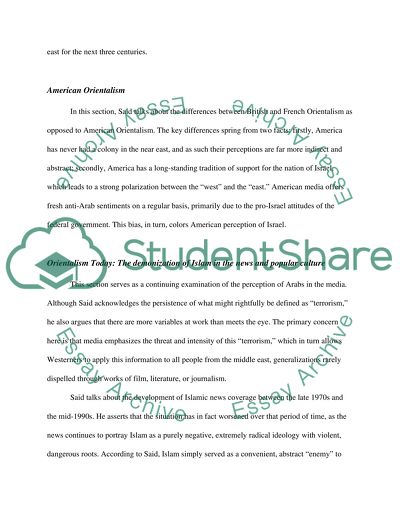Cite this document
(Imperialism as the Foundation of Orientalism Movie Review, n.d.)
Imperialism as the Foundation of Orientalism Movie Review. Retrieved from https://studentshare.org/visual-arts-film-studies/1573428-on-orientalism-by-edward-said
Imperialism as the Foundation of Orientalism Movie Review. Retrieved from https://studentshare.org/visual-arts-film-studies/1573428-on-orientalism-by-edward-said
(Imperialism As the Foundation of Orientalism Movie Review)
Imperialism As the Foundation of Orientalism Movie Review. https://studentshare.org/visual-arts-film-studies/1573428-on-orientalism-by-edward-said.
Imperialism As the Foundation of Orientalism Movie Review. https://studentshare.org/visual-arts-film-studies/1573428-on-orientalism-by-edward-said.
“Imperialism As the Foundation of Orientalism Movie Review”, n.d. https://studentshare.org/visual-arts-film-studies/1573428-on-orientalism-by-edward-said.


